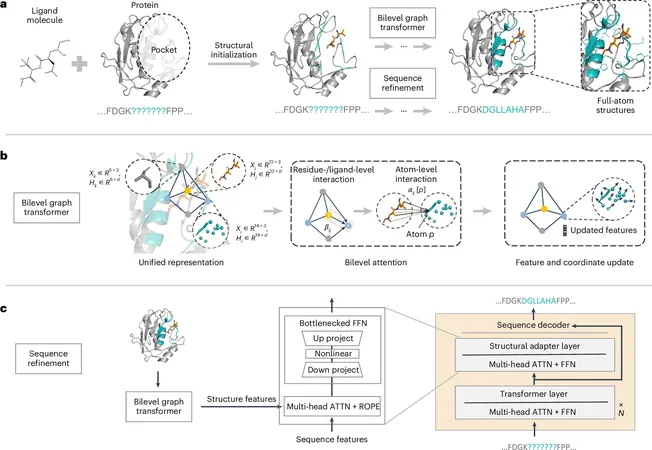
How the New Fall Economic Statement Will Impact Your Wallet: Key Changes You Need to Know!
2024-12-17
Author: Noah
Introduction
In a dramatic twist in the political landscape, Ottawa was shaken by the resignation of Chrystia Freeland as finance minister and deputy prime minister. Amid this upheaval, the federal government unveiled a significant fiscal update filled with measures aimed directly at your pocketbook, as Prime Minister Justin Trudeau's administration attempts to navigate Canada’s tough economic waters.
Key Changes Announced
Here’s what you need to know about the key changes announced:
1. Goodbye Mortgage Stress Test for Many
One of the standout features of the update is the removal of the mortgage stress test for homeowners with at least 20% equity who are transitioning to insurable loans at renewal. This means that many Canadians may find it easier to switch or renew their mortgages at more favorable rates without undergoing the stressful evaluations that previously accompanied such decisions. This could provide vital relief for homeowners looking to save on interest payments amidst fluctuating market conditions.
2. Carbon Pricing Rebate Expansion
The government has also promised to broaden eligibility for the carbon pricing rebate, especially for rural residents. Previously limited to certain tax filers, this expanded measure helps alleviate the financial burden for those living outside metropolitan areas. If you reside in smaller centers with fewer than 30,000 residents, you could be in for some financial respite, highlighting the government’s commitment to ensuring rural Canadians are also compensated for carbon pricing.
3. Exciting Automatic Tax Filing
Big news is on the horizon for taxpayers! Starting as early as 2025, an automatic tax-filing system will be rolled out for low-income Canadians, allowing the Canada Revenue Agency to file taxes on behalf of eligible individuals without them having to lift a finger. This initiative is expected to streamline the taxation process, making it easier for individuals to receive benefits they may be entitled to without the usual hassle.
4. A Tax-Free Disability Benefit
Perhaps one of the most impactful changes is that the new Canada Disability Benefit will be exempt from income tax. Set to launch in July, this aid will provide $200 per month to those in need, free from tax implications that could affect access to other federal benefits. This step has been long awaited by advocacy groups seeking more support for individuals with disabilities, offering a much-needed financial cushion.
5. Stricter Regulations on Payday Loans
In a move aimed at consumer protection, Ottawa is tightening the screws on payday loans. New rules coming into effect in 2025 will mandate lenders to accept installment payments and ensure payments stretch over a minimum of 42 days. This initiative aims to mitigate the dangers associated with payday loans, where borrowers often find themselves trapped in cycles of debt.
6. Uncertain Future Amid Political Turbulence
Despite these developments, Freeland’s resignation has sparked speculation about a potential early election that could derail these proposed changes. The government may find its hands tied, making it urgent for Canadians to stay informed about these financial changes as they might evolve or face delays.
Conclusion
With a staggering projected deficit of $61.9 billion, the new fall economic statement brings both hope and uncertainty to Canadians. As we navigate these changes, it’s essential to arm ourselves with knowledge about how government policies can impact our finances. Are you ready to take advantage of these changes? Stay tuned, as the economic landscape continues to shift!









 Brasil (PT)
Brasil (PT)
 Canada (EN)
Canada (EN)
 Chile (ES)
Chile (ES)
 España (ES)
España (ES)
 France (FR)
France (FR)
 Hong Kong (EN)
Hong Kong (EN)
 Italia (IT)
Italia (IT)
 日本 (JA)
日本 (JA)
 Magyarország (HU)
Magyarország (HU)
 Norge (NO)
Norge (NO)
 Polska (PL)
Polska (PL)
 Schweiz (DE)
Schweiz (DE)
 Singapore (EN)
Singapore (EN)
 Sverige (SV)
Sverige (SV)
 Suomi (FI)
Suomi (FI)
 Türkiye (TR)
Türkiye (TR)